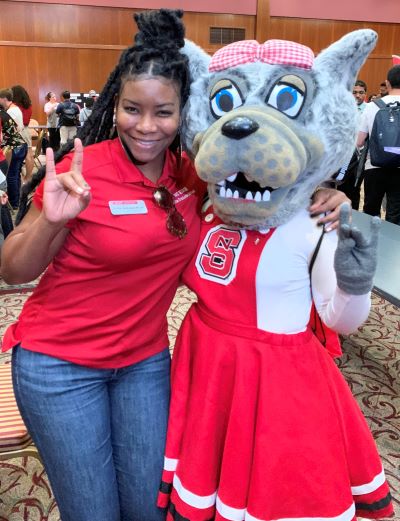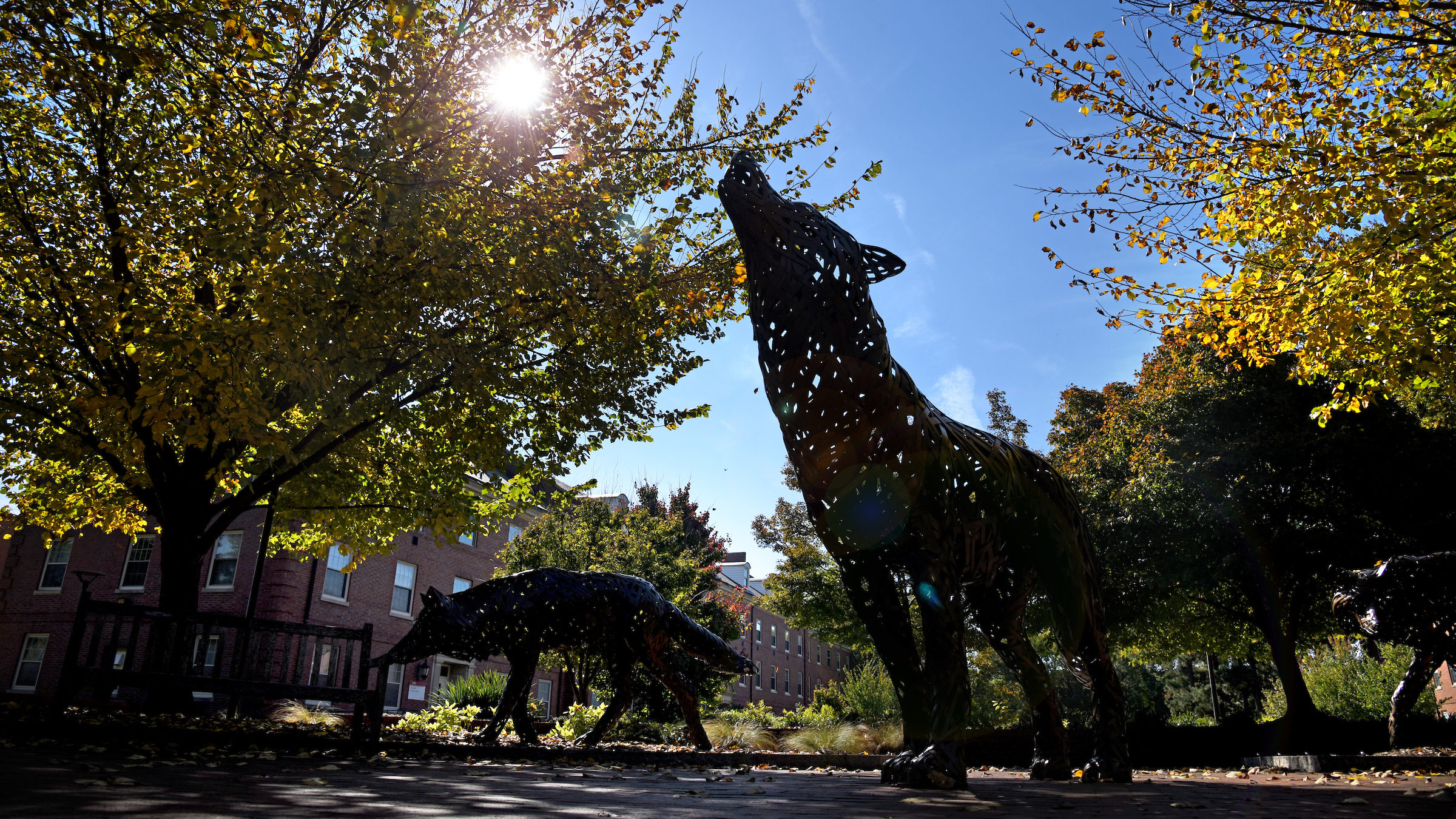On Getting Started as a Grad Student
How the Ahead of the Pack Development Series can Help

Acceptance into grad school brings together a myriad of feelings. At first we often feel a great sense of pride as we begin to pull the career aspect of our lives together. At this point we have decided on a course of study, thought about what our future could look like and have at least a rough idea of some things we want to accomplish.
Although grad students pursue higher education for a number of different reasons, one common factor exists: a personal commitment to think and do! Graduate students want to have a stronger voice in the world. We want to interrogate ideologies that exist, examine widely acceptable formulae from new lenses, question structures, invent, innovate and drive new solutions. There is boldness and courage in each student that pursues graduate study.
The pursuit of graduate study is also accompanied by a number of personal, academic and professional demands. It is also very common for students to get accepted into graduate school and not have a plan at all! You can also enter with a plan and then realize that you might need to alter that plan drastically.
Many of us feel unprepared and many of us are actually unprepared! Even though you may tend to feel like you are alone in that experience, you are absolutely not. Most of our graduate school colleagues truly feel the same way, and just like us, they are uncomfortable speaking about it. Read up on this grad student’s experience of imposter syndrome.
Although the graduate school semester course load is generally less than the undergraduate level, you quickly realize that a slimmer course load does not mean a slimmer workload. Free time as a grad student seems more elusive than in undergrad!
The Challenges of Being a First Year Graduate Student
What are the biggest takeaways from the first year of grad school? Your original expectations may be adjusted, beliefs challenged, and worldviews shifted.
At this level, we must also consider that our responsibilities may look different. There are other competing areas in our lives such as debt, family demands, moving to a new country, and pandemic adjustments among other things. You will hear from your predecessors that the first year has proven to be the toughest. You will make a number of discoveries as you progress to this level. For example, the language of graduate school may appear new to you. Terms such as scholarship, poster, conference proposals, publications, fellowship, grants, etc. may not yet be part of your repertoire of college-related words. The academic expectations are also very different. Reading and writing at this level may require more analysis and epistemic cognition. Additionally, you may recognize that building professional communities and forging productive relationships are prioritized.
As expected, students often experience feelings of overwhelm and confusion during the process of adapting to graduate school. Although growth happens, it can feel quite uncomfortable. Adjustment to graduate school demands that you be patient with yourself and tap into available resources. Owning that you are here to learn and expand your thinking, and that this journey is a personal one makes it easier to allow yourself to take advantage of available support.
Resources to Help You Thrive in Graduate School
There are many resources on campus to supplement your academic journey!
The Graduate School professional development team has made available a number of free development series and workshops that are designed to support graduate students’ professional development. The team continues to be a tremendous support to the Wolfpack.

Ahead of the Pack – a Development Series Especially for First-Year Graduate Students
As a graduate assistant with The Graduate School, I was given the space to reflect on, and share experiences of my first-year of grad school. I thought about a program that can assist new students with this transition. I was supported in development of the Ahead of the Pack development series which is particularly designed with the experiences of first-year grad students in mind. It is a semester-long development series that provides sustained support throughout the semester to assist with students’ adjustment to the graduate student life. Professionals and specialists across campus meet with the Ahead of the Pack team of students each week to facilitate informative and hands-on sessions that students can lean on for guidance through their first semester and beyond.
“I joined the Ahead of the Pack series in my first semester at NC State. In all honesty, the series was much better than I expected. Not only was I afforded numerous career development techniques (e.g. conducting an informational interview and using G suite) and help with typical academic challenges (e.g. how to write a literature review), I was also able to gain valuable tools for managing my time and mental health.
I don’t know how they managed it, but the program really covered all aspects of being a graduate student: from health and wellness all the way down to managing academic, professional, and familial relationships. Overall, I am really appreciative of the emphasis the program placed on doing more than just giving information and resources. Each presenter took time to show us how to implement the techniques we were learning in our own lives and respective graduate programs. I’m still faithfully using that weekly google sheet Stella helped us create to schedule out our days!”
-Yaa Ofori, 2nd Year Physiology Master’s student
The Counseling Center has also been an incredible resource for grad students. The Center is equipped with a diverse, trained staff to address academic, emotional and social concerns commonly experienced in students. For more on their online resources, see a previous ImPACKful piece on maintaining your mental health in quarantine.
You are here. You have started your journey. You will do it strong.
- Categories:


